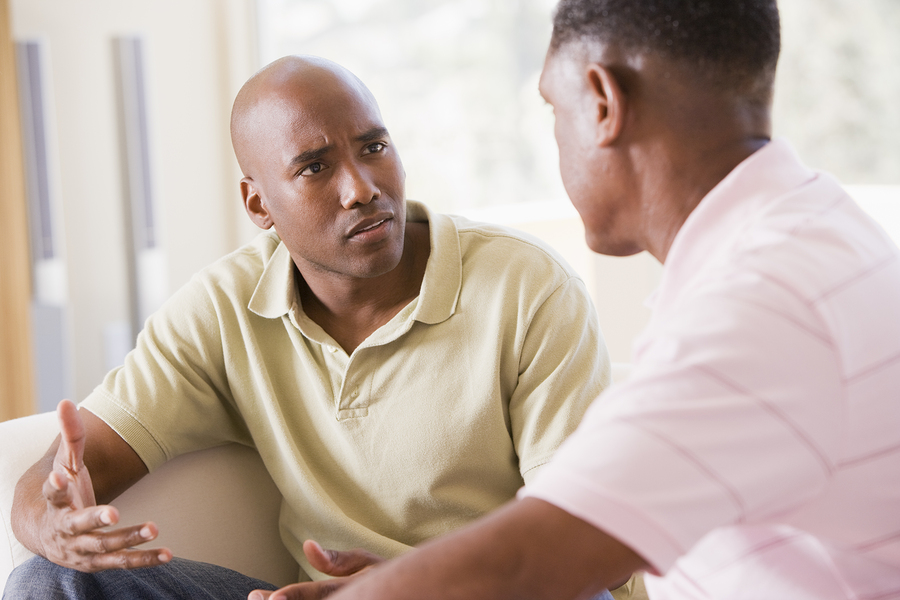On leaving drug and alcohol rehab, many recovering addicts assume that they need to avoid any location where alcohol is served. They avoid parties where people are likely to drink or do recreational drugs. While avoiding places like these can help you maintain your sobriety, the amount of danger more often depends on the people who accompany you.
Going to a bar on your own is certainly not a good idea. However, that does not mean you should avoid all parties for the rest of your life. Rather, think about the people who will be there.

These are the 5 types of people you should avoid seeing after rehab.
1. People who are still addicted
One of the struggles recovering addicts face is that many of their closest friends are still addicted to substances. When facing isolation, it is easy to choose to see those friends, convincing yourself you won’t use any substances.
But the reality is that you will be in few situations less dangerous to your sobriety. These friends will not only trigger your cravings, but may even vocalize the thoughts you had as an addict. They are still fighting the demons you defeated, so it is unsurprising that they sometimes embody them.
2. Friends uncomfortable with your recovery
Many of your friends will be happy for you. But there will be a handful who don’t really “get” why you had to go to rehab. On the one hand, they may look down on the idea of spending time being vulnerable among others. On the other hand, they may feel judged by your sobriety, recognizing something unhealthy in their own alcohol or drug use.
These friends can make you feel ashamed of your recovery and may peer pressure you to have just one drink. They would be more comfortable with the “old” version of you, even if it is to your detriment.
3. The morality police
There are some people who will consider addiction to be a moral failing, no matter how hard you try to explain to them that it is a disease. These people will do their best to make you feel ashamed of your addiction, even when you are no longer addicted. They will speak badly of your friends who are still struggling. They may also resent the fact that you went to rehab to recover, rather than as a punishment.
We all know morality police. Often, they’re family members. If you can’t avoid them entirely, try to avoid speaking about your recovery with them.
4. Proselytizers
There are a number of approaches to recovery. One may work for some people, while another is best for others. Unfortunately, some recovering addicts feel threatened by the prospect that their approach is not the only one. They don’t stop speaking about their recovery program, and will try to sell it to you, even as you see success with a different program.
While these people may have the best intentions, avoid spending time with proselytizers. They will try to undermine your recovery to get you to see things their way.
5. Toxic people and enablers
In rehab, you will have learned to identify the people who are toxic in your life, as well as those who enable you when using drugs. If these are family members, you will hopefully have been able to make some progress in family therapy. However, if they are as toxic as ever, or still likely to enable your drug use, avoid them as much as you can. People who make you feel like you are worthless or that you need drugs to get through life are not conducive to recovery.
Staying away from certain places can help with your recovery, but who you spend your time with is more significant. Avoid the above 5 types of people, so as not to undermine your excellent progress.




